What do you think?
Rate this book
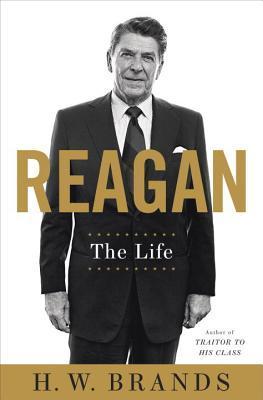

816 pages, Hardcover
First published May 12, 2015
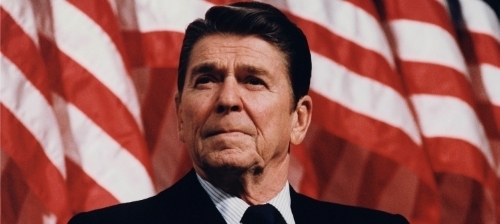
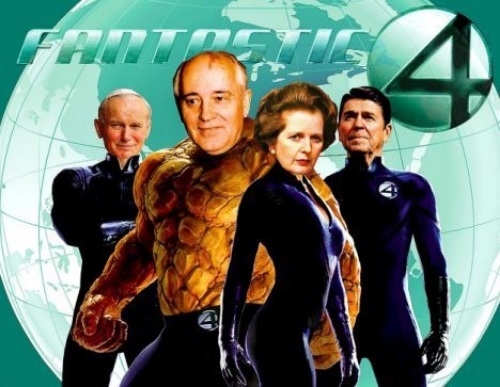
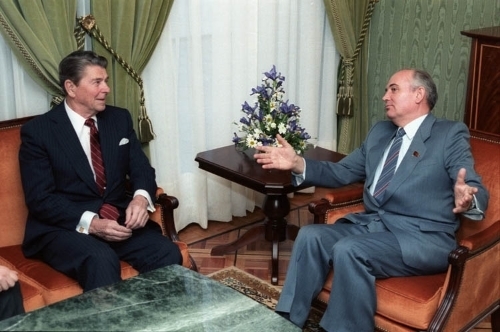
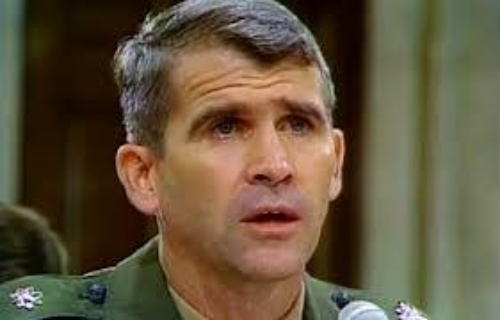
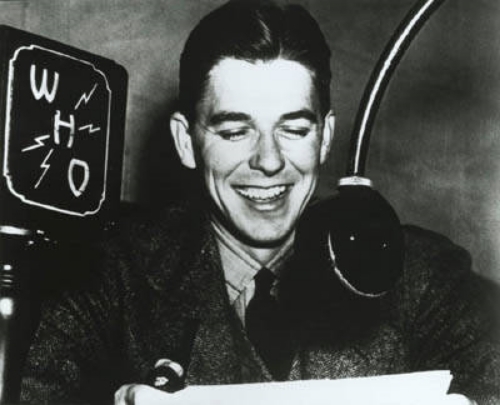
Some people enter politics seeking power; Reagan wanted attention. The political dynamo of the 1960s was Lyndon Johnson, whose hunger for power had been evident from the moment he set for in Congress in the 1930s. Johnson was hell-bent to make his mark on the world, and he spared no effort or principle in his drive to do so. Reagan wasn't like that. Reagan wanted an audience. He wanted the notice and the applause he had learned to crave as a youth. He always wanted a stage. pg 131Once he became California governor in 1967, he worked his way to become President in 1981. The narrative did a great job of exploring and explaining the politics, economics, and foreign policies during his administration. This included Mikhail Gorbachev, the Soviet Union & the Evil Empire, Latin America, Beirut & Grenada, strategic defense, Reaganomics, Social Security, Margaret Thatcher, the AIDS epidemic, the Challenger accident, Qaddafi & Libya, TWA Flight 847 hijacking, the Iran-Contra Scandal, and much more.